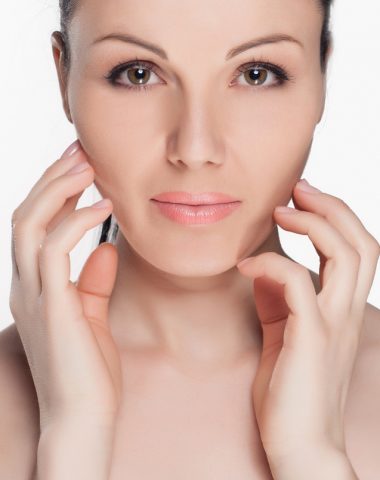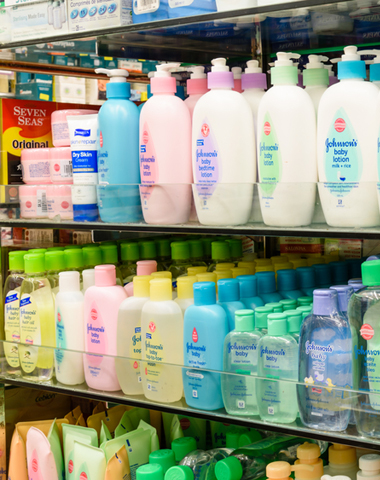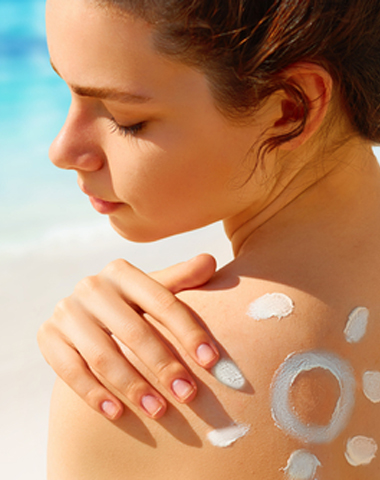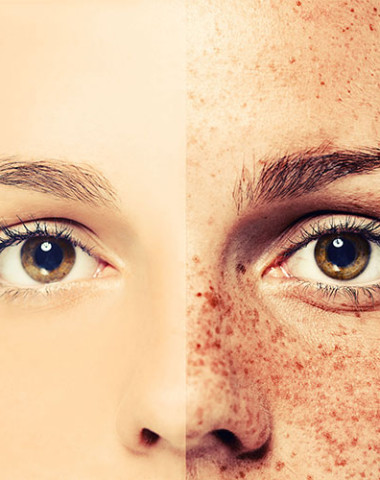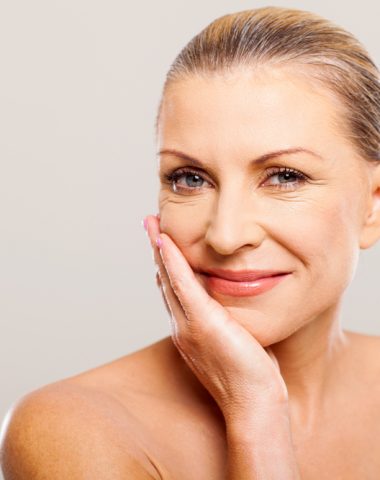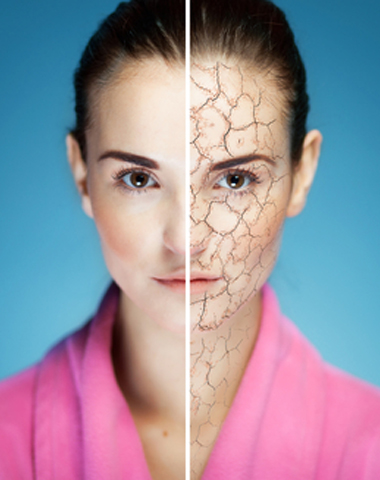Have you been burdened with the task of having to go deep diving to find products that that won’t irritate your skin? Sensitive skin is far  more common that you may want to believe, and though it may be a high-maintenance and time-consuming disposition, there are a few factors that may be contributing to your skin’s sensitivity.
more common that you may want to believe, and though it may be a high-maintenance and time-consuming disposition, there are a few factors that may be contributing to your skin’s sensitivity.
Critique the Atmosphere
The air, as refreshing as it may be, can contain high volumes of contaminants. If you are in an environment saturated with dirt and pollution, which includes but is not limited to smoke, exhaust fumes, dust, and industrial waste, your skin can become irritable and pasty as a result. This type of pollution is almost unavoidable and can clog your pores and be absorbed by the skin’s natural barrier. Consequently, your skin fails to perform its natural purification processes resulting in sensitive skin. If you’re aware of excessive pollution in your surroundings try covering your skin on a consistent basis and drink lots of water.
Another atmospheric change that has a negative effect on your skin’s sensitivity is the weather. Extreme dry weather causes dehydration and by extension, sensitive skin. This most commonly occurs in the winter when you rotate between cold air and central heating. One of the best ways to combat this type of skin sensitivity is to moisturize your skin multiple times per day and be intentional about your hydration routine.
Stress
The environment may play a huge role in skin care, but stress is an internal mechanism that alters your skin’s sensitivity. Stress that derives from challenges such as a lack of sleep, bad eating habits, and conflict can slow down the hormones responsible for skin regulation. Over time, your skin will be defective in repair and maintenance and your skin may become sensitive. Try engaging in stress-free activities to defend stress-related skin inconsistencies.
Ingredients in Skincare Products
Finally, sensitive skin can be a direct result of the ingredients in skincare products. Take an active role in reading the ingredients of the products you apply to your skin. If you are uncertain about certain compounds, consult your dermatologist because you may be allergic.
If you think you’ve got sensitive skin, contact our office and book an appointment so we can initiate a recovery regimen that suits your needs.

